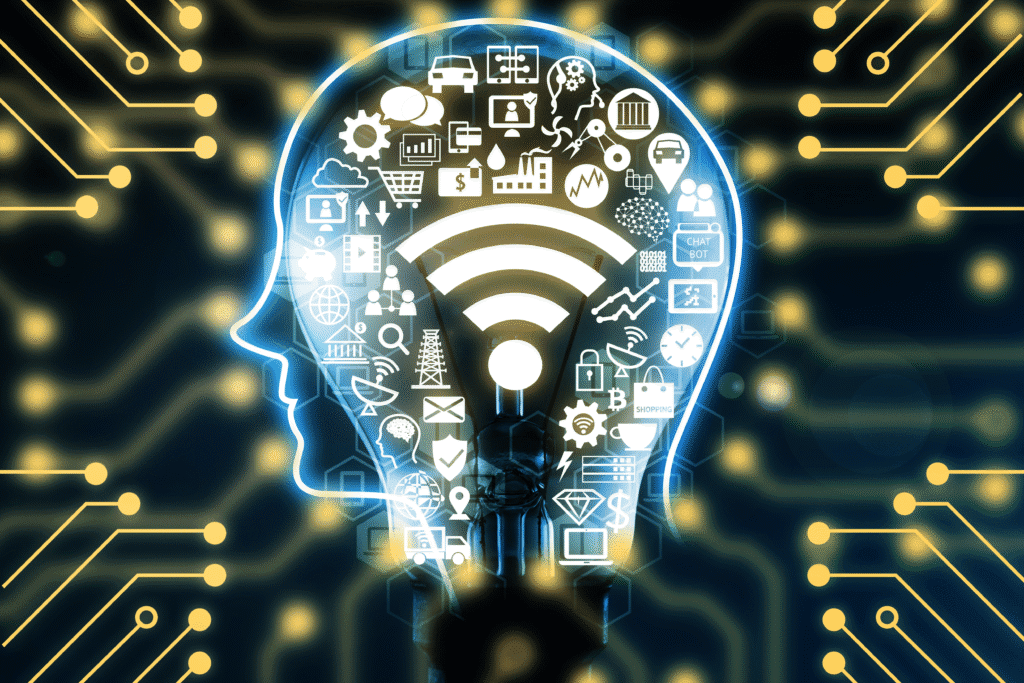For decades, the American Dream was clear: own a house, have a steady job, raise a family, and retire comfortably. It was built on the promise that hard work would lead to upward mobility and financial stability. But as times change, so do dreams. Today, younger generations—particularly Millennials and Gen Z—are reshaping what it means to live the American Dream.
Instead of chasing wealth, titles, or material things, many young Americans are choosing freedom, flexibility, and personal meaning over traditional success. The dream is no longer just about climbing the corporate ladder or buying a suburban home. It’s about balance, well-being, purpose, and, for many, survival in a challenging economic environment.
Economic Pressure and Shifting Priorities

One major reason for this shift is the economy. Millennials, born between 1981 and 1996, came of age during the Great Recession. Many graduated into a weak job market, carrying heavy student debt. Gen Z, born from the late 1990s onward, has faced similar struggles, including the COVID-19 pandemic, inflation, and skyrocketing housing costs.

With average home prices reaching record highs and wages failing to keep up, owning a home is not as easy—or even possible—for many young people. A 2024 Bankrate survey showed that only 28% of Gen Z adults believe homeownership is part of their American Dream, compared to over 50% of Baby Boomers.
Rising living costs and job insecurity have forced many young adults to rethink what “success” looks like. Instead of homeownership or a stable 9-to-5 job, more young people now value flexibility, passion, and mental health.
Success Redefined: Passion Over Paychecks
Career goals have changed, too. In the past, climbing the ladder and earning a six-figure salary were clear markers of success. But today, a growing number of young professionals are turning away from high-paying jobs in favor of ones that align with their values.
Freelancing, remote work, and gig economy jobs offer more control over time and lifestyle. According to a 2023 Pew Research study, 42% of workers under age 30 say doing meaningful work is more important than making more money. This explains the rise in creative careers, entrepreneurship, and even “quiet quitting”—where employees do only what’s required without going above and beyond.
Health and Happiness Matter More
Mental health has also become a key part of the new American Dream. Young adults are more open than ever about anxiety, depression, and burnout. Long hours and high stress are no longer badges of honor—they’re red flags.
The pandemic helped highlight the importance of work-life balance. More people now seek jobs with flexible hours, mental health benefits, and remote options. They also prioritize hobbies, travel, and time with loved ones.
For example, 29-year-old Emily Rivera, a former corporate consultant in Chicago, left her job to start a small online business selling handmade jewelry. “I used to think success meant a big office and a big paycheck,” she says. “Now, it means waking up happy and having time for myself.”
Social Justice and Sustainability Are Key

Younger generations are also more socially and environmentally conscious. For them, success includes making a positive impact. Many are choosing careers in nonprofits, climate advocacy, or ethical companies. Others support sustainable brands or invest in socially responsible businesses.
According to a Deloitte 2024 survey, 73% of Gen Z workers say they would choose a job at a company that reflects their values, even if it paid less. They care about diversity, climate change, and corporate transparency.
This growing trend reflects a desire to leave the world better than they found it—a far cry from the individualistic, wealth-focused dream of the past.
Technology and Digital Freedom

Technology has played a huge role in reshaping the dream. With the rise of remote work, social media, and digital entrepreneurship, young people no longer need to follow traditional career paths. They can work from anywhere, build personal brands, and create income streams through content, coaching, or online stores.
Platforms like TikTok, Instagram, and YouTube have made it possible for everyday people to earn a living by sharing their passions. While this lifestyle isn’t for everyone, it highlights how success today can look very different—and be more creative and self-directed.
What This Means for America’s Future
The evolving definition of the American Dream could have lasting effects on the country. As fewer young people buy homes, start families, or stay in long-term jobs, industries and policies may need to adapt. For example, cities may need to rethink housing, transportation, and workspaces. Employers may need to offer more flexible benefits. Schools might shift focus from traditional degrees to practical skills and entrepreneurship.
At the same time, this change offers hope. It shows that the American Dream isn’t dying—it’s growing. It’s becoming more inclusive, more diverse, and more focused on human well-being.
As 25-year-old Malik Thompson, a digital nomad and podcast host, puts it: “Our parents chased stability. We’re chasing freedom. And both are valid.”
Final Thoughts
The American Dream has always been about opportunity and the freedom to shape your own future. For younger generations, that future just looks different. It’s not about fitting into old systems. It’s about building new ones that value people, not just profits.
In the end, the dream is still alive—it’s just wearing different clothes, living in smaller apartments, and maybe working from a laptop on a beach.
Read More:- Technology and Digital Freedom













